What are the different types of Power Apps?
There are two main types of Power Apps: Canvas apps and Model-driven apps. Previously, Power Apps Portals would have fallen under this category. Microsoft have since released Power Pages, a standalone product that has evolved from the functionality of Power Apps Portals.
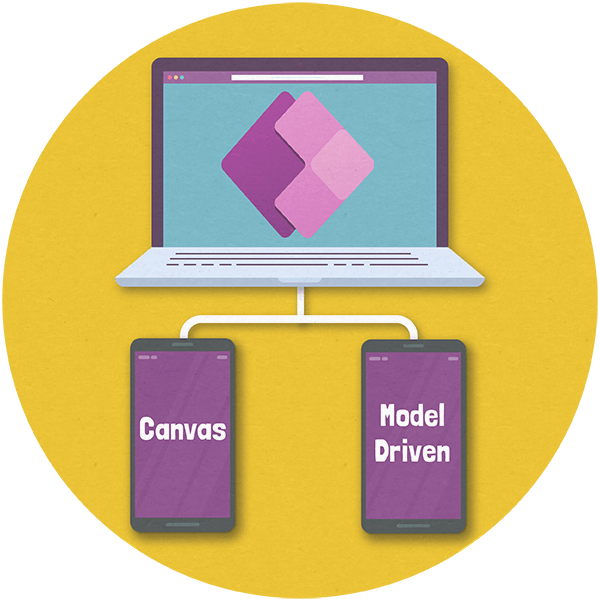
Select which type of Power App you're looking for:
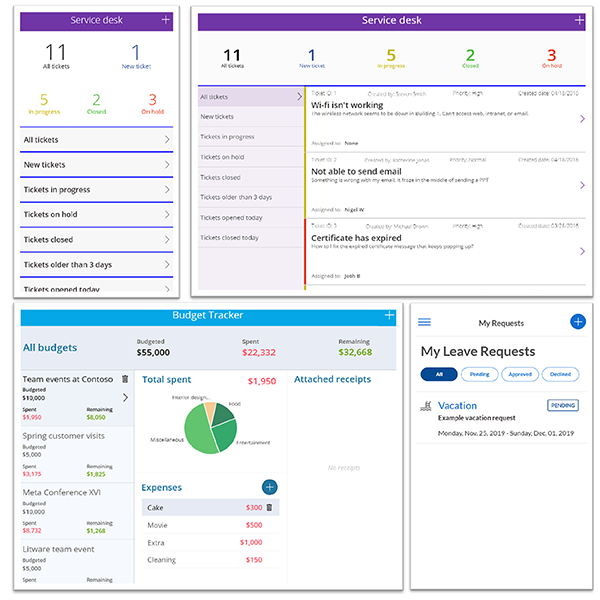
What are Canvas apps?
A Canvas app is a ‘traditional’ app - the sort of mobile or tablet app that everyone is familiar with. But where traditional apps require knowledge of a programming language like C# or JavaScript to write, canvas apps are built by dragging and dropping pre-built controls onto a blank canvas, and Excel-style expressions are written to specify logic and handle navigation.
Integrate with data from a near limitless number of Microsoft and third-party data sources and build a pixel-perfect interface using buttons, lists, text inputs and more for a tailored user experience. Apps can then be deployed for use on mobile or tablet devices, in a standard web client, or even embedded in Teams, Sharepoint, or Power BI dashboards.
Canvas app design provides the following benefits:
- Pixel-perfect customisation
- Simple drag and drop design environment
- Excel-style business logic
- Native AI tools, address and map inputs, offline capabilities, and more
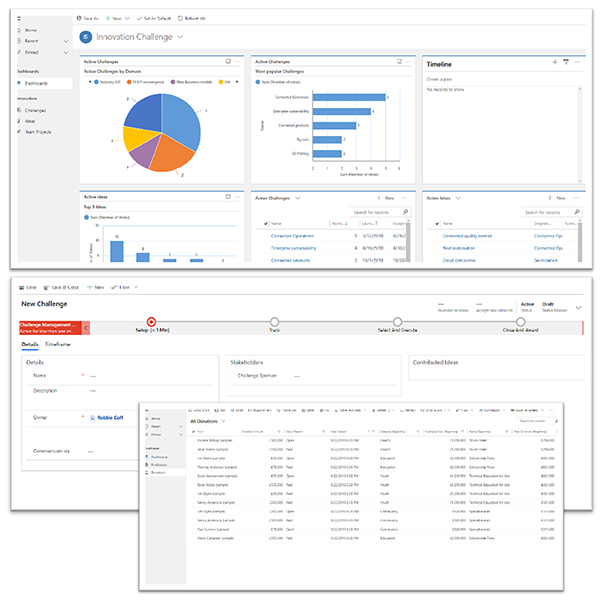
What are Model-driven apps?
With Model-driven apps, you can implement business process flows to ensure consistency and provide structure to processes by defining stages and actions for users to progress through.
Model-driven apps provide the following benefits:
- Uses Dynamics 365’s Unified Interface
- Component-focused no-code design environment
- Integrated business process flows
- Leverage the power of Dataverse
See the Power Apps we've developed in action!
What is the difference between Model-driven and Canvas Power Apps?
When taking advantage of the solutions within the Power Platform, the important decision needs to be made when selecting the right product to solve your problem. And, once you've selected Power Apps as the solution, then you need to select the type of Power App.
When making this decision, it can be challenging to understand which Power App type is most suitable. To help with this, the table below makes a comparison of the app types across various categories.
You can find more information on Microsoft's website here. Please do get in touch if you have any questions regarding the different types of Power Apps. If you need any additional help regarding the Power Platform, please visit our Support page.
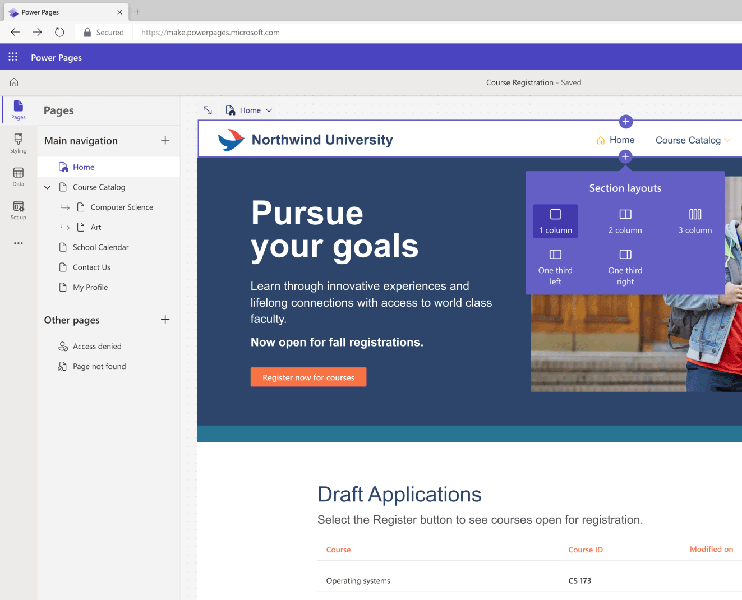
What happened to Power Apps Portals?
Power Apps Portals has now been strengthened by Microsoft and stands alone as its own product. Now called Power Pages, this solution allows users to build their own low-code websites using templates.
Get the necessary information to members of your organisation or external users - it's yours to customise. Where Power Apps Portals gave users the ability to create quick customised portals, Power Pages adds strength in depth - users can create full websites with modern security which is powered by your data.
Read about Power Pages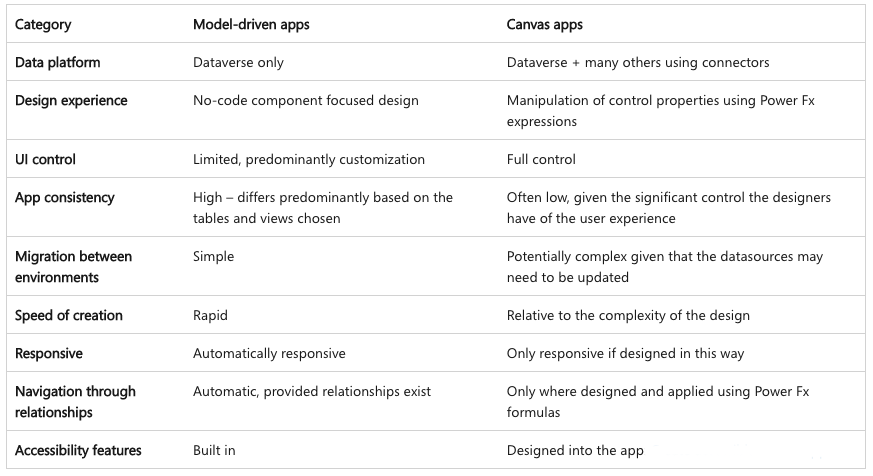
.png)